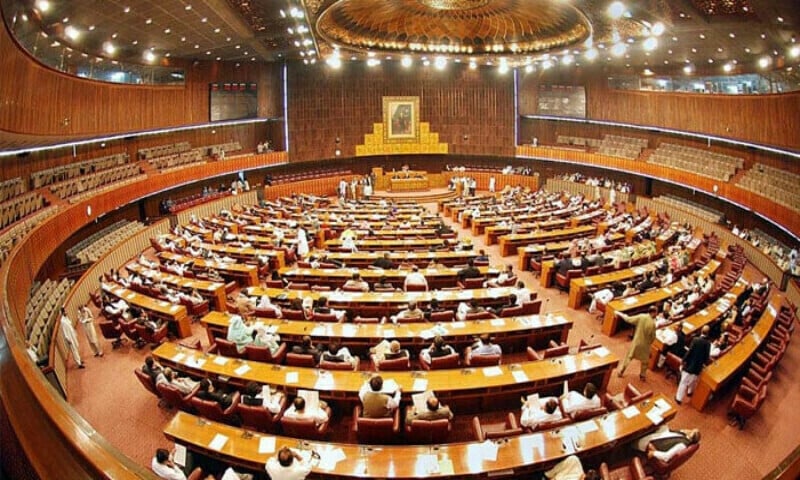ISLAMABAD: The National Assembly’s Finance Committee has formally approved several significant amendments in the Finance Bill 2025, including changes to income tax slabs for the salaried class and new proposals targeting high-income pensioners and corporate sectors.
One of the major changes is the revision of the tax rate for individuals earning between Rs. 600,000 and Rs. 1.2 million annually. The committee has approved a reduction in the tax rate to 1%, reversing the earlier budget proposal of a 2.5% tax. Currently, this income bracket is taxed at 5% under the existing regime.
In a separate move, the committee also approved a new tax proposal targeting pensioners receiving more than Rs. 10 million annually. According to the Federal Board of Revenue (FBR), individuals falling under this category will now be subject to 5% income tax. However, pensions up to Rs. 10 million per year will remain tax-exempt, as confirmed by the FBR Chairman.
The committee approved a 0.5% reduction in the super tax for the corporate sector, as part of efforts to boost business confidence and encourage investment. Additionally, a proposal to deploy FBR officials within business premises was also approved. This move is aimed at improving tax compliance and monitoring business activity more effectively.
On the e-commerce front, the proposal to penalise unregistered sellers on online marketplaces was rejected. However, businesses operating online with annual sales up to Rs. 5 million will continue to enjoy tax exemption.
The committee also reviewed and approved a proposal from the State Bank of Pakistan (SBP) to withdraw tax exemptions on deposits in special accounts held for less than one year. These accounts are designed primarily for foreign investors, and the new rules are meant to discourage short-term capital placement that brings limited benefit to the national economy.
SBP officials clarified that only deposits held for a minimum of one year in these special accounts would qualify for tax exemption. “Short-term foreign deposits do not contribute significantly to economic stability,” SBP representatives stated, adding that the volume of such investments is currently minimal.
In a push toward digital oversight, the FBR Chairman announced that data on high-volume transactions will now be collected and monitored using computerised algorithms, ensuring transparency and reducing tax evasion.





